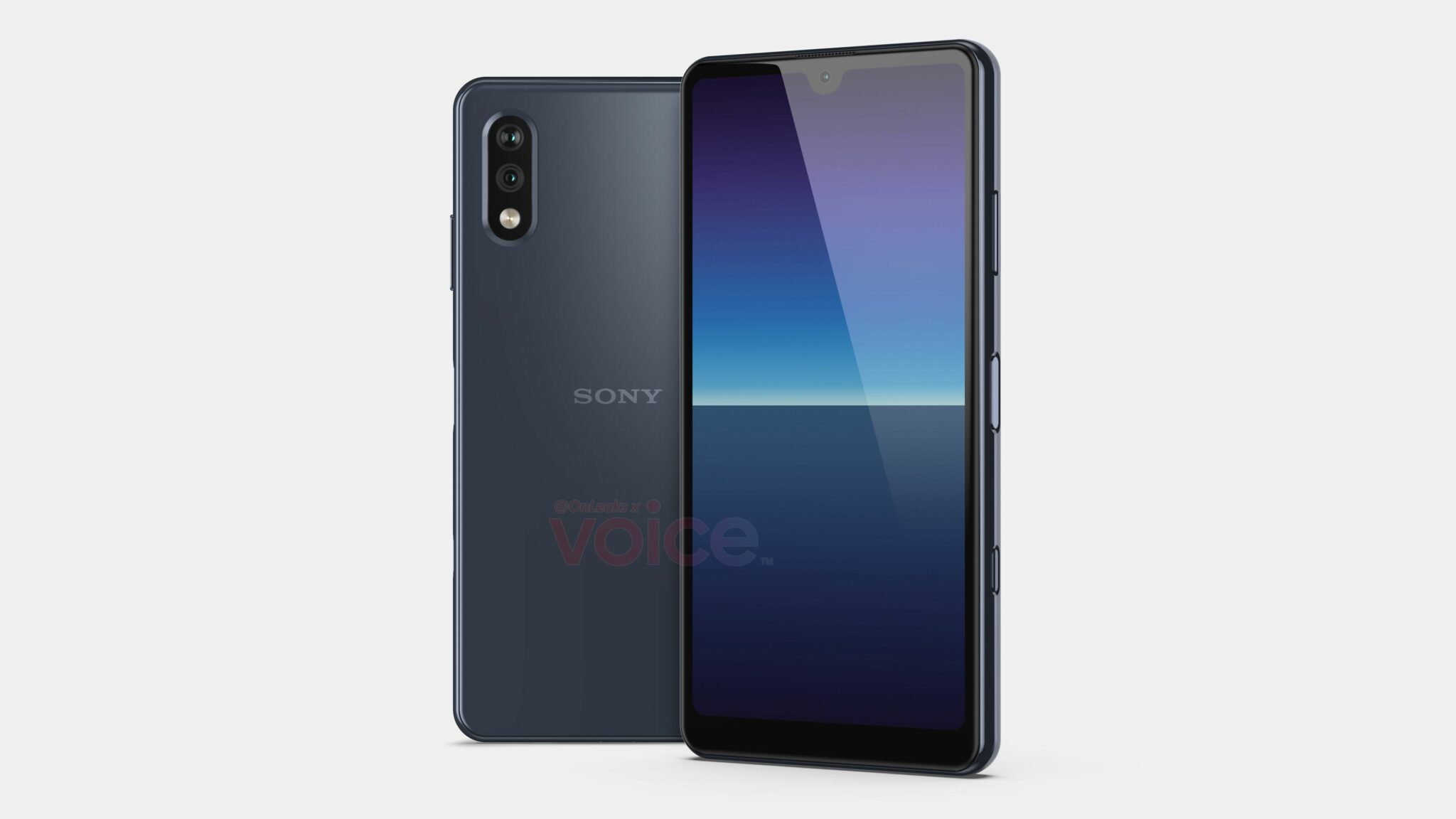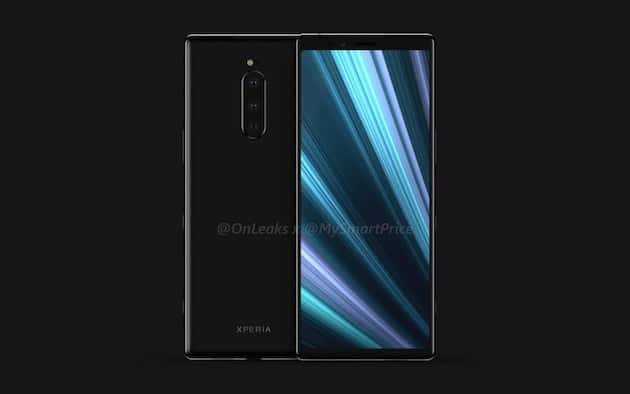
Sony’s camera sensors are regarded as the best in the business, so it is not surprising that its camera sensors are found in smartphones with great camera performance like the iPhone 7, HTC 10, Google Pixel, and more. The company’s camera sensors have played a key role in pushing the imaging performance on smartphones every year.
Pushing the boundaries even further, Sony has now developed a new camera sensor that can record slow motion videos at a staggering 1,000fps in Full HD resolution. Currently, most smartphones are only capable of recording slow motion videos in 240fps at Full HD resolution.
To achieve such high-resolution slow motion video recording capabilities, Sony has modified the traditional CMOS sensor. The new sensor consists of 3 layers and contains its own DRAM. This allows the sensor to capture still images with a shutter speed as fast as 1/120 of a second, with the overall image having less distortion while capturing moving subjects.
While the sensor is capable of recording slow-motion videos in Full HD videos at 1,000fps, it also requires a compatible software that can handle it. The slow motion video can be set to automatically start recording when a fast-moving object is detected. Since all the data from the sensor is stored on the DRAM, the camera performance is not affected as well.
Sony has also made improvements to reduce noise generated by the three layers of circuits. The sensor can also record 4K videos at 60fps.
Since Sony has just announced the sensor, we should see it being used in smartphones released later this year or early next year.
[Via Sony]


















